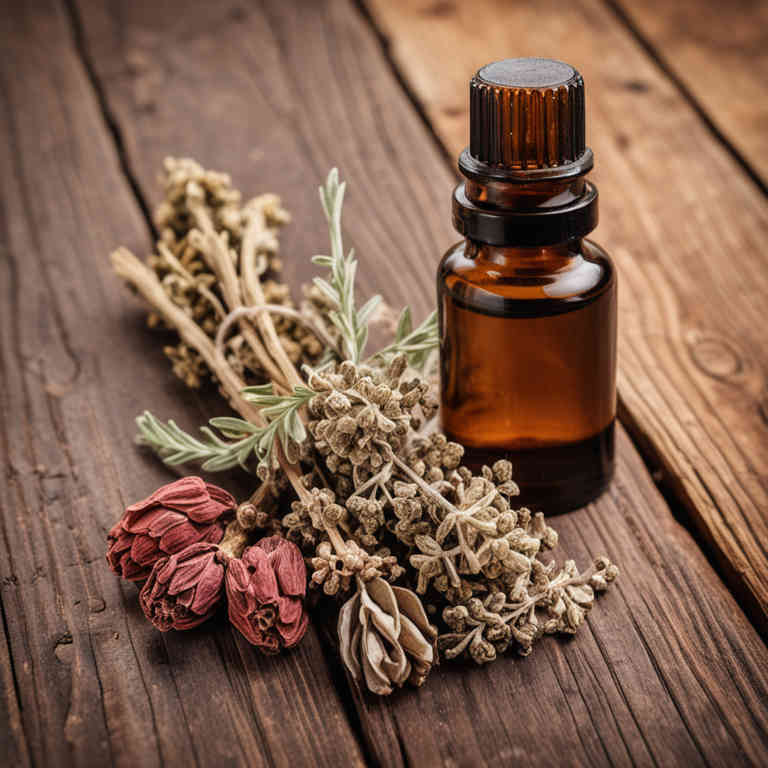Carum carvi essential oil for medicinal use

Carum carvi essential oil is derived from the flowering plant Carum carvi, commonly known as caraway.
This essential oil is widely used in herbalism for its digestive and carminative properties. It is often employed to relieve symptoms such as bloating, gas, and indigestion. The oil can be used in aromatherapy or diluted in a carrier oil for topical application.
In traditional medicine, it is also believed to support respiratory health and ease menstrual discomfort.
Uses
Carum carvi essential oil has been used to treat digestive issues, respiratory conditions, and skin ailments for centuries.
Historically, it was valued in ancient Egypt and Greece for its medicinal properties and was often used in aromatherapy and as a remedy for stomach discomfort. In traditional medicine, it was also employed to alleviate symptoms of colds, coughs, and headaches. Modern research has supported its use in improving digestion and reducing inflammation, making it a popular ingredient in natural health products.
Today, it is widely used in aromatherapy, topical applications, and as a complementary therapy in holistic medicine.
Benefits
Carum carvi essential oil has health benefits such as aiding digestion, relieving respiratory issues, and promoting skin health.
It is known for its carminative properties, which help reduce gas and bloating in the digestive system. The oil also has antimicrobial and anti-inflammatory effects, making it useful for treating skin conditions like acne and eczema. Additionally, it can act as a natural decongestant, helping to ease symptoms of colds and sinusitis.
Overall, Carum carvi essential oil is a versatile natural remedy with a range of therapeutic applications.
Constituents
Carum carvi essential oil active constituents include monoterpenes, sesquiterpenes, and phenolic compounds such as carvacrol and thymol.
These compounds contribute to the oil's antimicrobial, anti-inflammatory, and digestive properties. Carvacrol is known for its ability to inhibit the growth of bacteria and fungi, making it beneficial for skin and respiratory health. Thymol also supports immune function and may help alleviate symptoms of colds and coughs.
Overall, these active constituents make Carum carvi essential oil a valuable natural remedy for various health concerns.
Preparation
To make Carum carvi essential oil, you will need fresh caraway seeds, a glass distillation apparatus, and a collection vessel.
First, clean and dry the caraway seeds thoroughly to ensure purity of the final product. Next, place the seeds in a still and add a small amount of water, ensuring the seeds are fully submerged. Then, heat the still gently over a water bath to facilitate steam distillation, which extracts the essential oil without destroying its delicate compounds.
Finally, collect the essential oil as it separates from the water and store it in a dark, cool place in a tightly sealed glass container.
Side Effects
Carum carvi essential oil may lead to gastrointestinal discomfort, including nausea, vomiting, and diarrhea, especially with high doses.
It can also cause skin irritation or allergic reactions when applied topically. Prolonged use may result in liver toxicity, as some studies suggest potential hepatotoxic effects. Ingesting large amounts can lead to more severe symptoms such as seizures or respiratory distress.
Individuals with pre-existing liver conditions or pregnant women should avoid using this essential oil due to the risk of adverse effects.